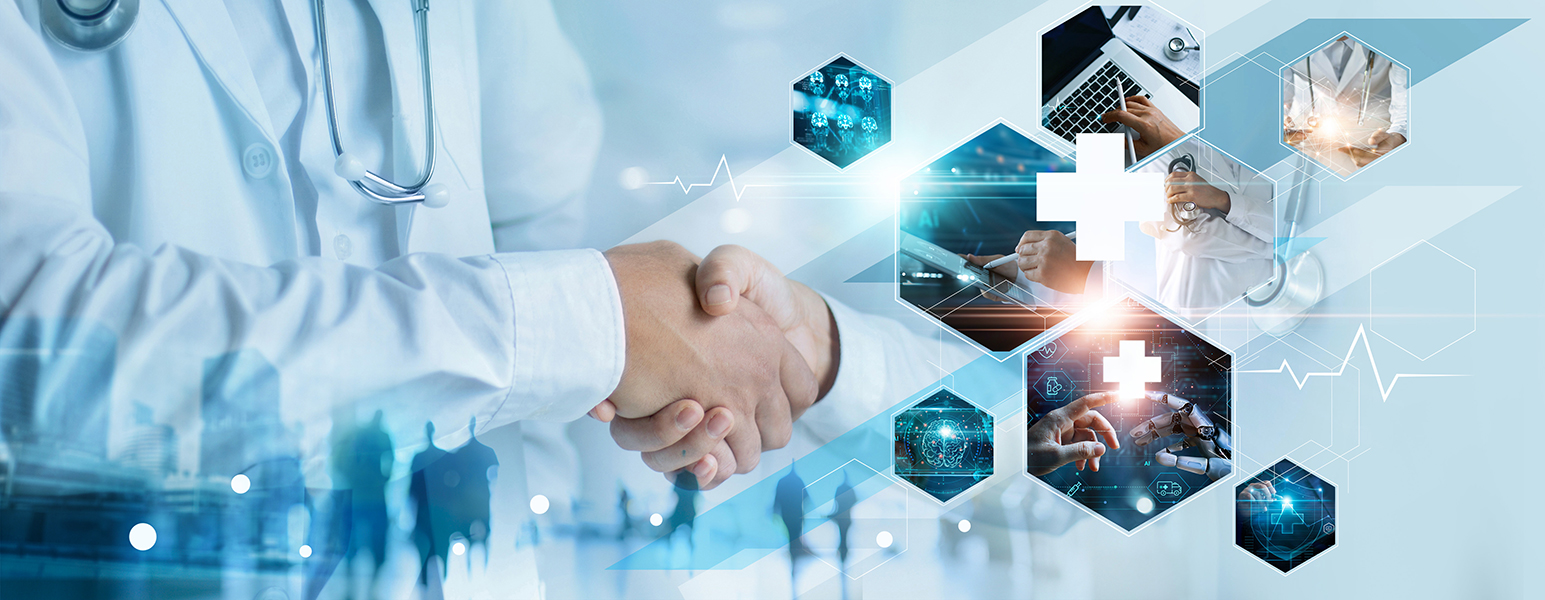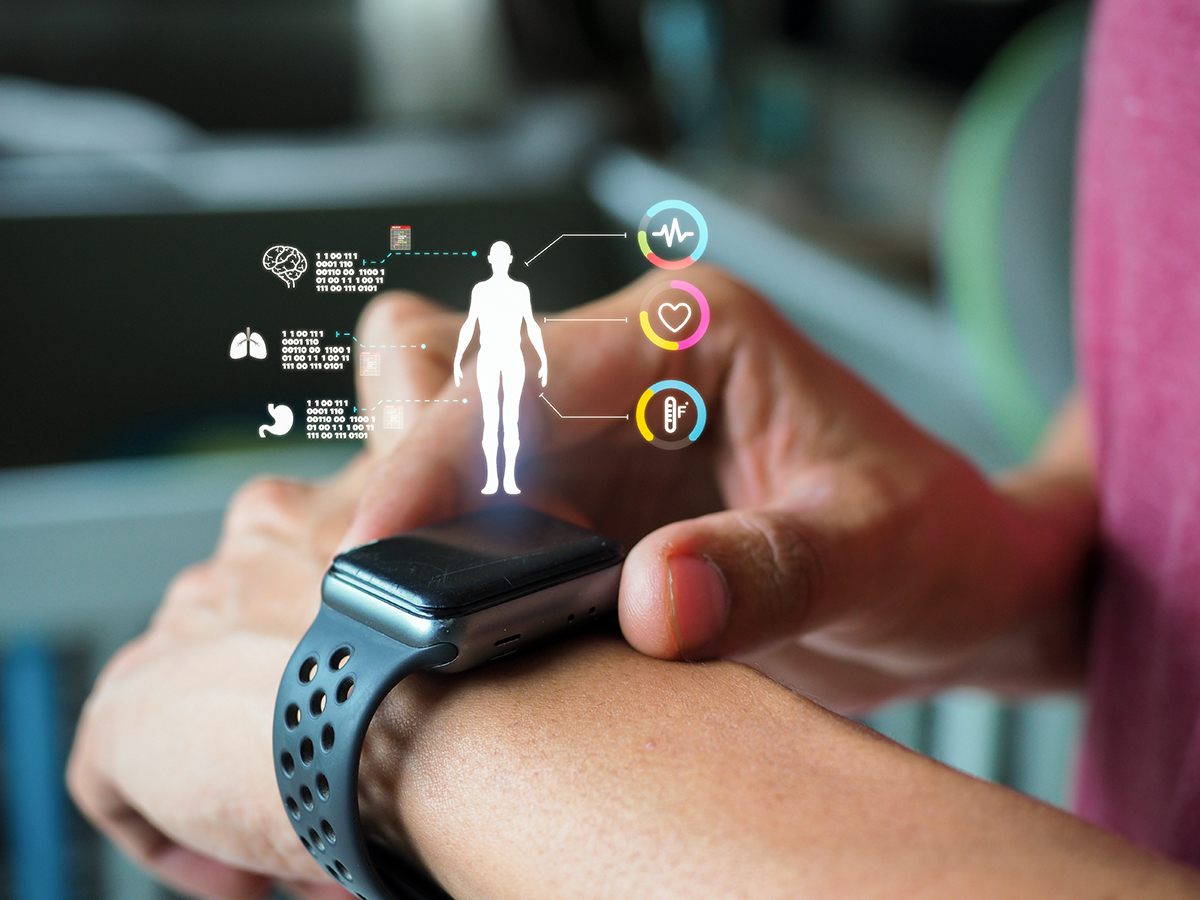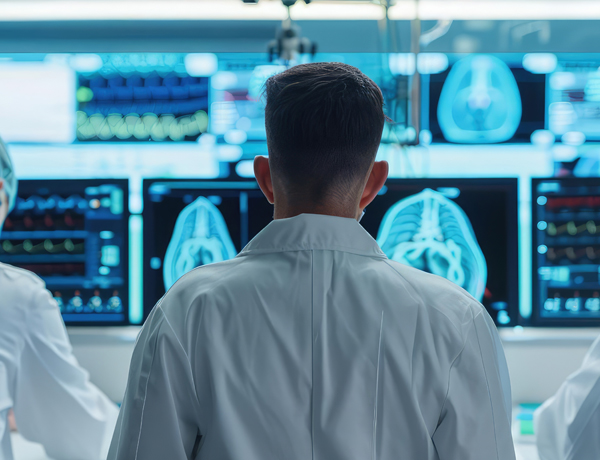
Unleashing the Power of Connected Medical Devices and Transforming Clinical Trials

The rapid advancement of technology has paved the way for the emergence of connected medical devices, revolutionizing the healthcare landscape. These devices hold immense potential to enhance patient care, streamline processes, and generate valuable real-time data. However, as the adoption of connected medical devices continues to grow, several challenges must be addressed to ensure their seamless integration into healthcare systems. One crucial aspect is the need for clinical trial management systems (CTMS) to enhance their capabilities in managing clinical trials specifically designed for medical devices. In this blog, we will explore the challenges faced in leveraging connected medical devices, the link between connected medical devices and CTMS, and the need for CTMS systems to evolve to manage clinical trials for medical devices.
The Exciting Opportunities for Connected Medical Devices Innovation
Connected medical devices have opened a realm of possibilities for transforming healthcare delivery. These devices, equipped with sensors and connectivity capabilities, enable the collection of real-time patient data, empowering healthcare providers to make informed decisions and deliver personalized care. By seamlessly integrating with electronic health records (EHRs) and other healthcare systems, connected devices enable the sharing of crucial patient information across the care continuum. This interconnectedness allows for remote patient monitoring, early detection of health issues, and more efficient management of chronic conditions. Furthermore, the data generated by these devices can be leveraged for advanced analytics, predictive modeling, and artificial intelligence-powered insights, enabling proactive and preventive healthcare approaches.
Addressing and Overcoming Connected Medical Device Challenges
The integration of connected medical devices into healthcare systems presents significant challenges that must be addressed for successful implementation. Paramount among these challenges is the protection of patient data privacy and security, requiring robust data protection measures to prevent unauthorized access. Additionally, compliance with regulatory standards poses a unique hurdle, necessitating the management and updating of CTMS to accommodate real-time data and meet regulatory requirements.
To overcome these challenges, collaboration and innovation among healthcare stakeholders are crucial. Implementing robust data governance frameworks, encryption protocols, and secure infrastructure will safeguard patient privacy and data security. Clear guidelines and standards should be established through collaboration between regulators and industry experts, ensuring rigorous testing, adherence to regulations, and seamless integration of medical devices into healthcare services. Furthermore, leveraging innovative solutions like blockchain technology can enhance data integrity, traceability, and consent management, fostering trust and transparency.
Enhancing CTMS To Better Manage Clinical Trials for Medical Devices
Connected medical devices, equipped with sensors and connectivity capabilities, generate real-time patient data during clinical trials. This data includes information about the device’s performance, patient health status, treatment response, and adverse events. The integration of connected medical devices with CTMS platforms enables seamless data collection, integration, and analysis. As the healthcare industry embraces the potential of connected medical devices, there is a growing need for CTMS to adapt and enhance their capabilities. Below are two areas in which CTMS must evolve to effectively manage clinical trials for medical devices.
Managing Real-Time Patient Data
Medical devices used in clinical trials have the ability to capture real-time patient data, providing valuable insights into the device’s performance and patient outcomes. To make the most of this data, CTMS platforms need to evolve and enable seamless integration and analysis. By integrating the real-time data generated by medical devices with CTMS, researchers and clinicians gain a comprehensive view of patients’ health status, response to treatment, and device performance. This integration enhances data accuracy, reduces manual data entry errors, and allows for prompt identification of adverse events or trends, ultimately improving the quality and efficiency of clinical trials.
Complying with Regulatory Requirements
Medical devices are subject to unique regulatory requirements to ensure their safety, effectiveness, and quality. CTMS platforms must be adaptable to these specific regulations and facilitate compliance throughout the clinical trial process. By incorporating new features and functionalities, CTMS can address regulatory needs, such as traceability, data integrity, and audit trails specific to medical device trials. This includes capturing and tracking device-related data, managing adverse events and device malfunctions, and generating compliant reports for regulatory submissions. Enhancing CTMS capabilities to meet these requirements not only streamlines the regulatory process but also instills confidence in the reliability and validity of trial data.
Benefits and Future Implications of Improved Clinical Trial Management Systems
The enhancement of CTMS capabilities for medical device trials brings a host of benefits to the healthcare ecosystem. Firstly, it enables more efficient and streamlined trial management, reducing administrative burden and improving study timelines. Real-time data integration and analysis facilitate early detection of safety concerns, enabling prompt intervention and potentially reducing risks to patients. Moreover, the ability to comply with regulatory requirements ensures that trials adhere to industry standards, enhancing credibility and paving the way for successful regulatory approvals.
Unlocking the Potential of Connected Medical Devices and Revolutionizing Clinical Trials
Enhancing CTMS capabilities for managing clinical trials of medical devices is a critical step towards realizing the full potential of connected healthcare. By enabling seamless integration and analysis of real-time patient data, while ensuring compliance with regulatory requirements, CTMS platforms play a pivotal role in the success of medical device trials. Looking ahead, the continued evolution of CTMS capabilities holds immense potential for transforming clinical trials in the context of medical devices. By embracing these advancements, CTMS will undoubtedly shape the future of clinical trials, ultimately leading to safer, more effective medical devices for the benefit of patients worldwide.
Apexon specializes in digital-first services powered by AWS to help you design and build a robust and highly-scalable engagement platform as per your requirements. These platforms support and follow the patient journey from discovery to real-world therapeutic care, enabling better health outcomes, regulatory compliance, patient education, and ultimately patient satisfaction with the drug or the device. To learn more, check out Apexon’s Connected Care for Patient Engagement and Clinical Trials fact sheet.




